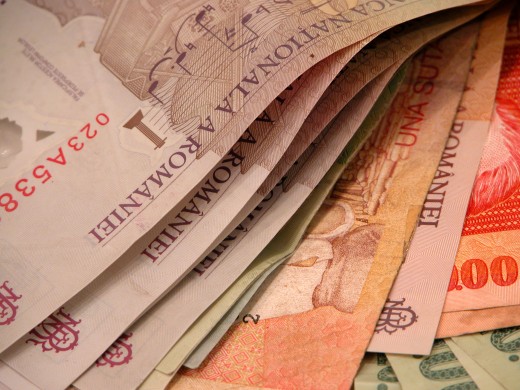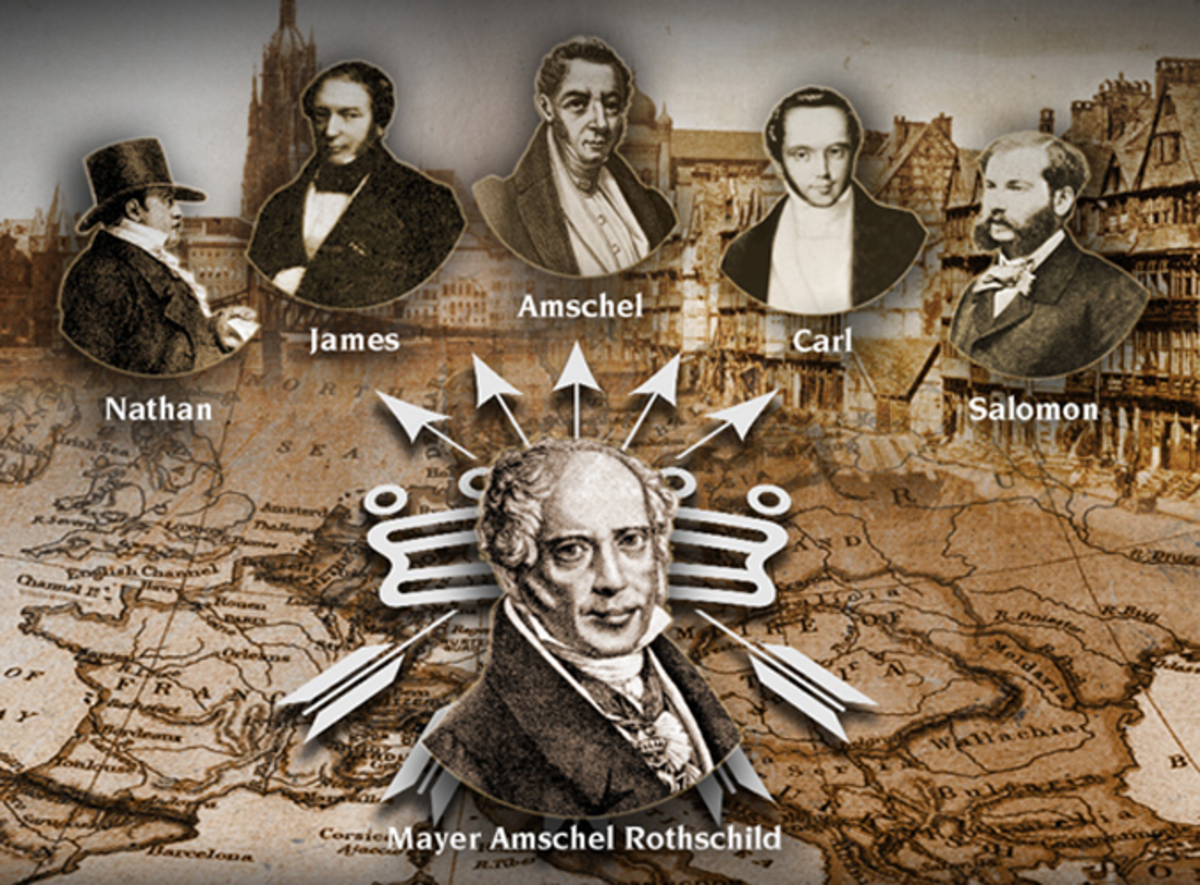The Role of Money - a different view

A warning is in order, that we are entering sacrilegious territory. For in today’s times, when money is the new God, deified as the sole yardstick and raison d’être of our existence, it is sheer blasphemy to even think of a different point of view.
I am no aspiring iconoclast and have only one reason to stray from the script. There is too much all around us, on why money is so very important and what one needs to do to become rich, the top 10 ways to make money etc., etc., that I thought a slightly different flavor may do the palate some good. A refreshing change, a diversion and maybe - a more balanced perspective.
What is money?
Let me clarify that I am talking of money in a very loose way to include money and all the investment avenues and assets that constitute the changing forms of money. Let’s say wealth is what is being alluded to when talking about money.
So, first the incontrovertible facts. Money is strange. Everybody needs it but nobody has enough of it even though money management has many skilled practitioners. Money is believed to have a very central and pivotal role in our existence today and yet very few understand it completely. Yet there are enough and more money managers, investment advisors or portfolio managers who are willing to guide you on how to handle your money (mostly for a fee) although, in most cases the risk is yours, if things go wrong later. If you consider the erosion in value of money as inflation takes its toll, and the way exchange rate movements affect the international value of your money it all adds up to something fascinating to keep you engaged for a lifetime.
Money evokes varied reactions as can be seen from what people have said about it in the last hundred years.
Money is better than poverty, if only for financial reasons
— Woody AllenMoney can’t buy me love
— Paul McartneyHe is truly a man to whom money is only a servant; but, on the other hand, those who do not know how to make a proper use of it, hardly deserve to be called men.
— Ramakrishna Paramahansa (famous Indian mystic saint).A different view of money
Now let me come to the pointers to support my argument for a different way of looking at money. In fact if one looks around there is enough to suggest that the present structure suffers from numerous flaws. Some of these flaws are evident to anybody studying the global imbalances and the ongoing economic problems affecting several countries and the gloomy prognosis that confronts us. Those of us who are more sensitive to the environment will recognize the continuing damage that is being inflicted and the looming danger of global warming that are all indicators of serious flaws that need corrective steps. The problems of large scale urbanization and industrialization are also too well known.
Now what does all this have to do with money? On the face of it nothing. In fact money may be seen to be the solution for all these problems. It is therefore necessary to point out some of the pernicious effects of money so that the linkage with today’s burning problems becomes clear. Fortunately for us money has occupied the center stage over the last fifty years and therefore if we look at the difference between then and now, the conclusions are clear.
1. Degradation of values. When I was a young boy, it was not only the wealthy who were emulated or served as role models for inspiration. There were achievers from all walks of life, some of them moderately rich and some even poor who commanded respect, either for the sheer brilliance of their intellect or for their artistry, or for their sportsmanship, valor, or strength of character, Also a person who had money from ill-gotten means did not command attention and was instead seen as a freak case – an exception to the rule that honest hard work alone pays. “God knows how he made his money and got away with it,” would be the refrain when somebody like that was discussed. In those innocent (or backward) times, it was believed that wrongdoing would get you nowhere and that when you are caught it’s not possible to talk your way out of the situation. How different the present times are ! It’s not necessary for me to elaborate.
2. Erosion of institutions. With the centrality that money and commerce have assumed, all other human activities have had to wither and vanish or get reduced to being a small part of a giant enterprise in a global bazaar, where everything is bought and sold. What can be monetized or traded finds value and is allowed to flourish while the rest of it finds its way to the trashcan. Wombs can be rented and awards purchased. In the old days, schools and hospitals had dedicated doctors and teachers providing selfless service. Today, we have money-churning enterprises that leave you cold. Human life is reduced to a lifetime of buying and selling and institutions merely sub serve the cause.
3. Perversion of perspectives. Money being the yardstick, anything that makes sense from a money point of view becomes a truth that cannot be challenged. I remember an article about a group of economists in the seventies, who argued that money is highly inappropriate as a measuring rod to evaluate outcomes. They suggested that better alternatives need to be thought of and suggested that energy can be considered. Now the interesting point is that if energy is used as a measuring rod then one would get completely different results. For example, the increased output from adoption of modern agronomical practices would vanish because of the high energy cost of manufacturing fertilizers. Traditional farming would seem to be a highly energy efficient process.
These are some of the pointers that would make it appear that it’s not less money but the central role given to money that is at the root of all evils and pains that we are suffering today.
Wisdom of the ancients
Ancient Indian thought prescribed a fine balance between the four Purusharthas or aims of human life – Dharma (righteousness / duty and moral order), artha (wealth and prosperity), kama (worldly desires) and moksha (liberation).
It is obvious that in today’s world, we have extolled the value of artha (wealth) and subjugated and relegated the other three purusharthas.
The world would be much better if we restored the balance. Not that money is irrelevant or of no use – just that the balance needs to be restored.






